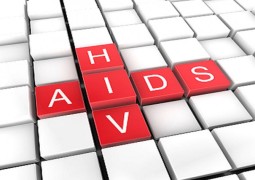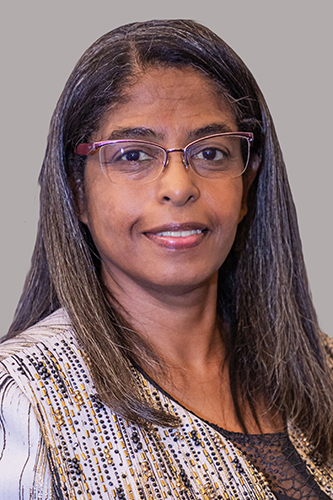
Parliament, in collaboration with the Khayelitsha Health Forum (KHF) and TB HIV Care, successfully hosted the Red Lace Race at the Luhlaza High School in Khayelitsha on Saturday, 30 November 2019.
A large number of a mixture of different age groups of women and men participated in the 5 km fun race programme which, according to programme organisers, took place in Khayelitsha for the first time – and which marked the beginning of programmes of that nature.
Also, although participation in the programme was largely African as the host was Khayelitsha, there was a reflection of the demography of the False Bay community of the province, there were coloured and white people.
The Red Lace Race was part of the series of activities that took place around the city of Cape Town on the eve of the commemoration of the International World Aids Day, and was part of the broader programmes that raise awareness about the 16 Days of Activism for No Violence Against Women and Children.
Like the International World Aids, the 16 Days of Activism for no Violence Against Women and Children is an annual campaign. This year’s one began on 25 November and will run until 10 December, a day which is also commemorated as Human Rights Day.
.
The programme, which was themed “Communities Make the Difference”, provided an opportunity for the recognition of the essential role that communities can play to promote human rights and accelerate social transformation.
The Red Lace Race was a call to end HIV stigma and gender-based violence. It was an initiative by the TB HIV Care and Khayelitsha Health Forum. Parliament, through its Public Education Office, Organisational Wellness, and Communication Services took part in the programme also for the purpose of further education of the South African public about the role of Parliament in the South African state.
Speaking to the writer for the parliamentary website and the InSession newsletter, the Chief Executive Officer of the TB HIV Care, Prof Harry Hauser, said the programme is part of the strategies to raise more public awareness about HIV and TB, which is the killer of the people living with HIV. He said he was grateful for the success of the programme and the fact that there was a large number of young people who participated in the programme.
The fun race culminated in a short programme where prizes and tokens of appreciation were given to the winners and participants. Mr Zibele Bala who was number one and got the first prize thanked the organisers of the programme for bringing it to Khayelitsha. “This area has been captured by crime. We are unable to go around freely in this community. Children are drug addicts and commit terrible and heinus crimes. Programme of this nature will assist in pushing back the frontiers of crime in our communities,” said Mr Bala.
Speaking in Queenstown in the Eastern Cape during the public hearings on the National Health Insurance (NHI) Bill in commemoration of the International Aids Day, the Chairperson of the Portfolio Committee on Health, Dr Sibongiseni Dhlomo, said the International Aids Day is a reminder of the critical role played by communities in the fight against HIV, TB and STIs.
“The fight against HIV, TB and STIs can only be won when communities realise the important role they can play, and commit themselves fully to that role. The supportive role by communities to people living with HIV/Aids is also a key pillar in this overall war against HIV,” Dr Dhlomo said.

